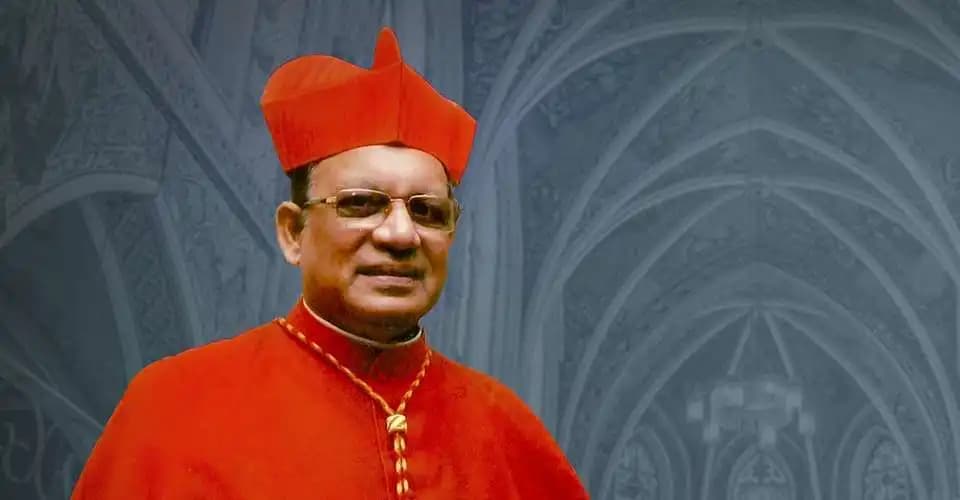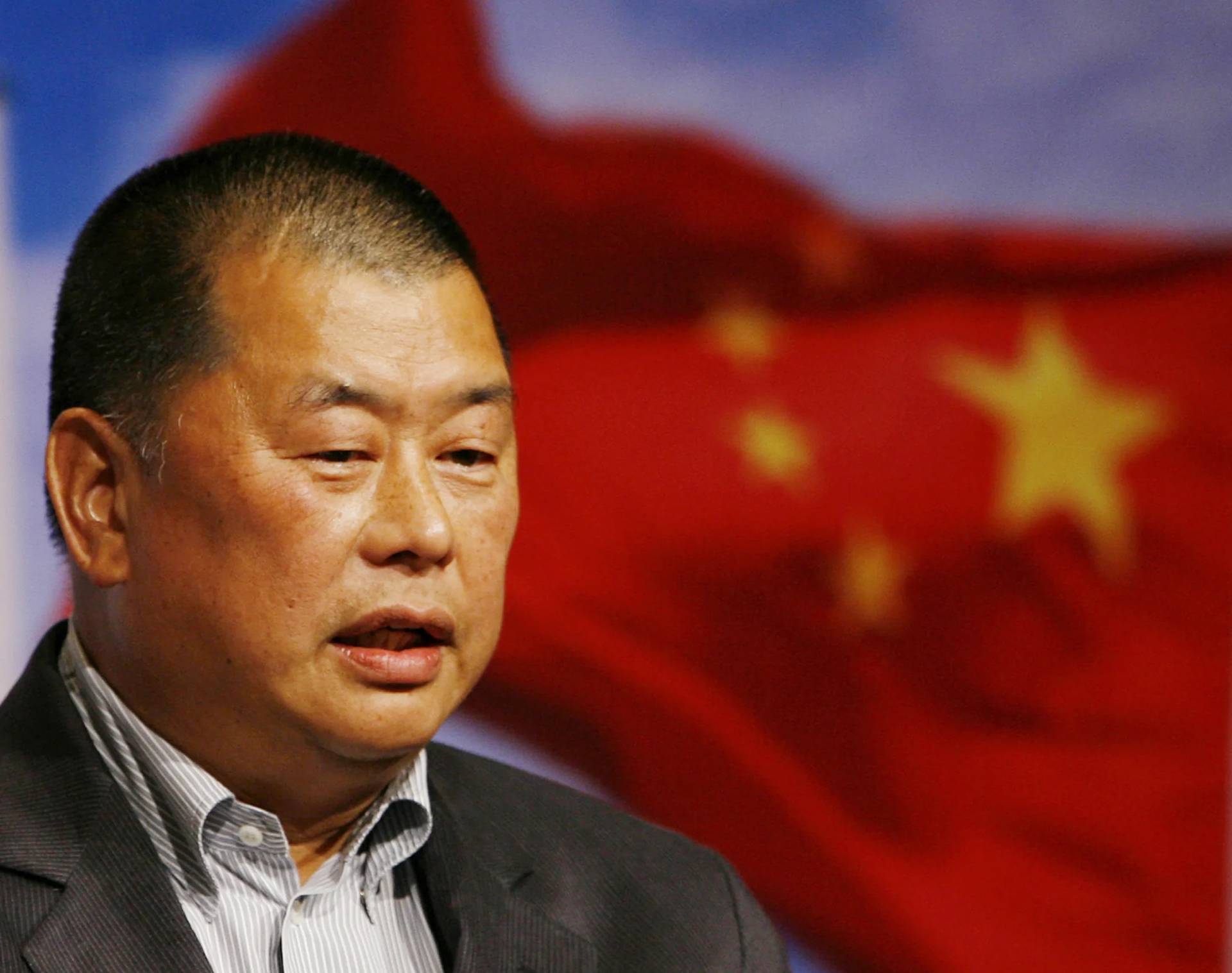MUMBAI – India’s most senior Catholic prelate has hailed Pope Francis’s new encyclical Dilexit nos, saying his emphasis on charitable works flowing from the loving heart of Jesus is a natural fit for his country.
“The Catholic Church [in India] runs about 25,000 educational institutions, including 15,000 primary schools, 300 colleges, 1,500 technical schools, six medical colleges, 115 nursing schools and two universities, in addition to engineering colleges,” said Cardinal Oswald Gracias of Bombay (Mumbai).
“There are also 5,000 hospitals and health clinics, 2,000 rehabilitations centers, as well as other social and welfare institutions,” Gracias said.
“All our charitable works flow from the heart of Jesus,” Gracias said. “We touch His heart and our hearts are moved and we touch other’s hearts. That is the source of all our charitable works and our attitude towards others. Once you have been touched by Jesus, you cannot be the same again. His heart leads you to others and you are transformed.”
“All our outreach programs are a response to the call of Jesus, an imitation of Jesus and, importantly, an outflow of the love of the Heart of Jesus,” Gracias said. “There is an inescapable duty to make ourselves the neighbor of everyone, irrespective of caste or creed.”
“In his messianic activity, Christ drew increasingly closer to the world of human suffering. ‘He went about doing good’, his actions were primarily concerned for those suffering and seeking help.”
“This dialogue of action flows from the Sacred Heart of Jesus,” Gracias said.
He pointed in a special way to the extensive health care network operated by the Catholic Church in India.
The health mission of the Catholic Church in India plays a vital role in alleviating the pain of the sick and suffering, especially of those who are poor and cannot afford adequate treatment,” he said.
“The Catholic Church has 746 hospitals, 2,574 dispensaries, 70 rehabilitation centers, 107 mental health centers, 61 alternative medicine centers, 162 non-formal health facilities and 115 medical training centers, including six medical colleges,” Gracias said.
“Along with this, there are 165 leprosy centers, 416 health care centers for the aged, 62 centers for tuberculosis patients and the terminally ill, 67 community care centers (CCC) for people living with HIV/AIDS, and 60 counselling centers.”
“All of these are works of love, flowing from the Heart of Jesus,” Gracias said.
Francis’s encyclical, he said, provides the spiritual basis for the Church’s engagement.
“The world is in need of the healing touch – to be cured from our selfishness, lack of care for others and lack of relationships with others,” he said. “The whole encyclical Dilexit nos is based on that.”
Gracias, now 79, is considered a key papal ally, having served on Francis’s Council of Cardinals since the body was founded in 2013.
Although Catholics are only 1.5 percent of India’s total population, that still comes to a robust total of more than 20 million, and Gracias said many have a strong devotion to the Sacred Heart, making the new encyclical especially welcome.
“We are very happy with this encyclical,” he said. “Catholics are overjoyed to once again have guidance from the Holy Father on the devotion to the Sacred Heart of Jesus. Many houses and families have an enthronement to the Sacred Heart of Jesus, and this will give further impetus to encourage people to understand the meaning of Sacred God’s love for us in our own response to God’s love.”
“In India we are very proud that many of our homes are dedicated to the Enthronement of the Sacred heart of Jesus. It is very important for us to once again understand the meaning of the enthronement and to build our personal relationship with Jesus,” he said.
“In 2020 during Covid, I had led all the Bishops of India to entrust ourselves to the Sacred heart of Jesus and the Immaculate heart of Mary,” Gracias recalled. “That was a time when we felt helpless and confused, and the Act of Consecration of India to the Sacred Heart of Jesus became a source of life and inspiration and gave us encouragement.”
“I feel the Lord inspired me and led all of us to get out of the darkness of the pandemic and to go forward in service to the poorest, the migrants, the dispossessed, the elderly and sick and lonely, and the Sacred heart of Jesus was always with us.”
Gracias said the encyclical also reinforces a focus on peace in Indian Catholicism.
“In India, we value peace so much. We value people and relationships,” he said. “I think the stress is on relationships; not on structures so much, but on relationships, which is so important in caring for others. In that sense, it is a very welcome encyclical, [coming] at the right time, and for us it will be a help, a spiritual guide to us.”
Given India’s ethnic, cultural and religious diversity, Gracis said Dilexit nos also encourages a tolerant social spirit.
“This encyclical is calling us out of our individualism and of thinking only of ourselves, to reach out to others,” he said.
“Dilexit nos encourages a dialogue of life, where in our multi-faith and multi-cultural milieu, all peoples strive to live in an open and neighborly spirit, sharing their joys and sorrows, their human problems and preoccupations,” he said.
“Our Indian society has already progressed so much. Our country will benefit much from this whole attitude,” Gracias said. “Inter-religious dialogue too flows from this. We want to share the good news. We want to help others and work with others in an inclusive society. This is true not only for India, but all over the world.”
“The Sacred Heart touches our heart and our mind and makes them more open. Individualism is forgotten and the self is made to reach out to the family and to others. Let us be won over by love flowing from His wounded Heart without reserve … through this encyclical, the pope is leading us towards this,” he said.














